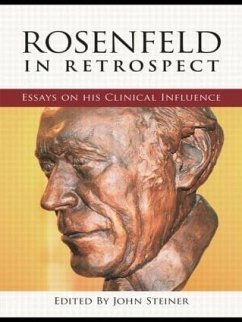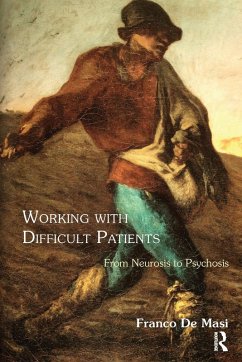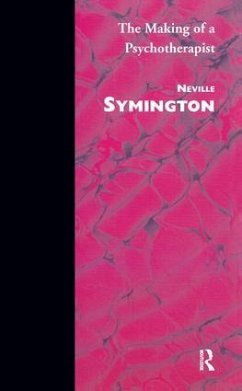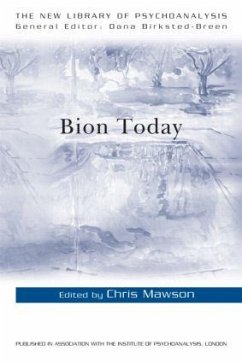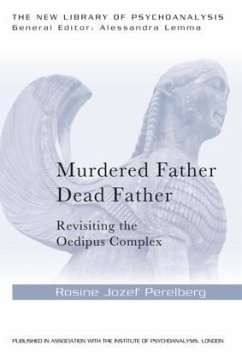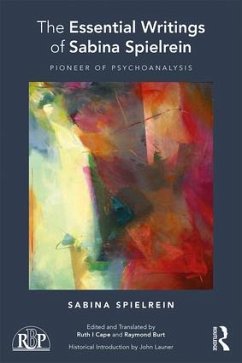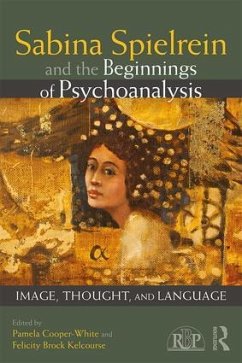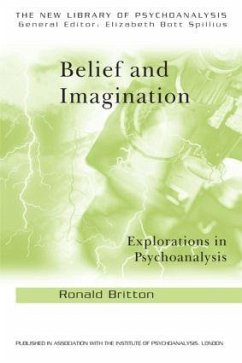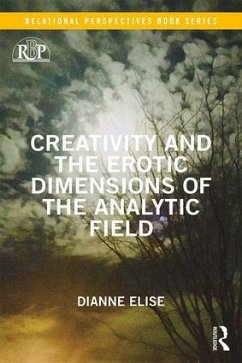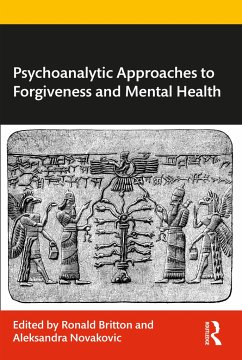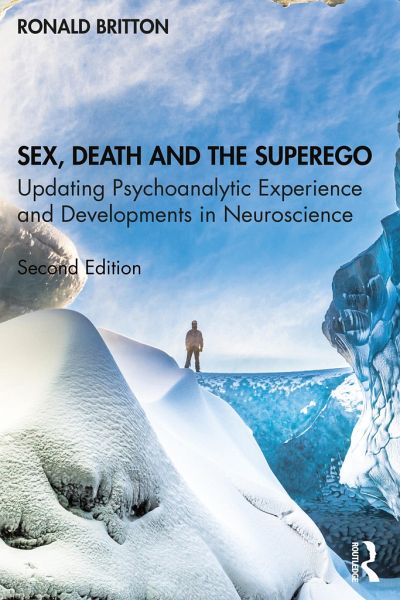
Sex, Death, and the Superego
Updating Psychoanalytic Experience and Developments in Neuroscience
Versandkostenfrei!
Versandfertig in 6-10 Tagen
37,99 €
inkl. MwSt.
Weitere Ausgaben:

PAYBACK Punkte
19 °P sammeln!
This second edition of Ronald Britton's personal reappraisal of psychoanalytic theories is based on further clinical experience, further study of current neuroscience and continued reflection on the relationship of brain and mind, selfhood and self-awareness, belief and knowledge, and certainty and uncertainty.Divided into three parts - "Hysteria," "The ego and superego," and "Narcissism" - this new edition adds content on brain, mind and self, the death instinct and a discussion on the biological, psychological and sociological basis of gender. It suggests that our increasing knowledge necess...
This second edition of Ronald Britton's personal reappraisal of psychoanalytic theories is based on further clinical experience, further study of current neuroscience and continued reflection on the relationship of brain and mind, selfhood and self-awareness, belief and knowledge, and certainty and uncertainty.
Divided into three parts - "Hysteria," "The ego and superego," and "Narcissism" - this new edition adds content on brain, mind and self, the death instinct and a discussion on the biological, psychological and sociological basis of gender. It suggests that our increasing knowledge necessarily produces a dissolution of our coherent concepts of mind and brain, and that during this phase of creative dissolution we need to reassess what we know and what we don't know. Fundamental to the book is the notion that human beings have to live with probability but that we long for certainty, and create it for ourselves.
This book will be of great interest to psychoanalysts in clinical practice and academia, as well as other mental health professionals and those with an interest in psychoanalytic theory.
Divided into three parts - "Hysteria," "The ego and superego," and "Narcissism" - this new edition adds content on brain, mind and self, the death instinct and a discussion on the biological, psychological and sociological basis of gender. It suggests that our increasing knowledge necessarily produces a dissolution of our coherent concepts of mind and brain, and that during this phase of creative dissolution we need to reassess what we know and what we don't know. Fundamental to the book is the notion that human beings have to live with probability but that we long for certainty, and create it for ourselves.
This book will be of great interest to psychoanalysts in clinical practice and academia, as well as other mental health professionals and those with an interest in psychoanalytic theory.





